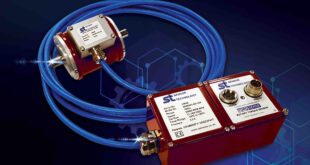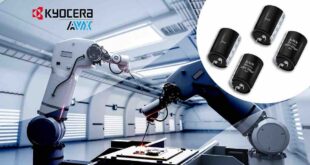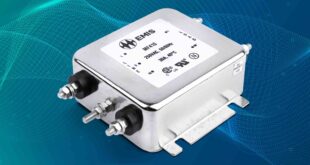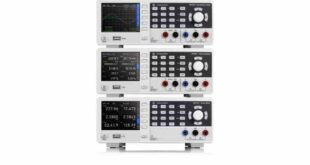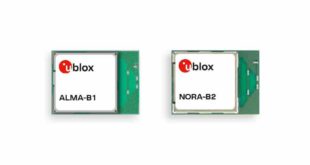Michele Windsor makes the case for reliable power in logistics
Logistics is described as the detailed organisation and implementation of a complex operation.
But what happens when that complex operation cannot be completed due to a power failure?
The supply chain relies on power to function. One source of power would be relatively easy to manage and maintain, but here we are talking about thousands of battery-powered devices.
Each device has a different set of requirements and characteristics that depend on power to perform.
When we look at the different components in logistics, it can be easy to overlook the sheer number of machines, robots and devices involved.
From robots picking and packing goods in the warehouse to the smart tracking tags used for asset tracking and monitoring, these devices need to be powered correctly and consistently.
But why are batteries important in these applications? Well, the consequences of battery failure are far-reaching.
Power loss in portable devices can completely negate the device’s purpose.
Failure in a smart battery tag, for example, means the package becomes untraceable.
Likewise, an issue with a delivery scanner would mean the logistics process could not be recorded at its end point.
The batteries manufactured for different applications need to carry specific characteristics.
Batteries in delivery scanners need to be rugged to endure long journeys and potentially rough handling. Robot batteries, on the other hand, need to be long lasting to accommodate intensive, lengthy operations.
Accutronics’ parent company, Ultralife Corporation, has developed a range of batteries to match these different characteristics. With over 40 years of experience providing power to mission-critical applications, Ultralife’s batteries have been tested over time, with the unique Thin Cell technology being manufactured to reduce the size of smart tags.
Additionally, the Lithium Iron Phosphate (LiFePO4) range can replace heavy sealed lead acid batteries in logistics robots.
As these robots are often required to operate for hours at a time, the smart U1 battery was designed to be charged and discharged more than 2,000 times and still deliver more than 80% of its original capacity.
This equates to five and half years of daily use. It can also be discharged at currents up to 20A and still deliver >95% of its rated capacity — making it ideally suited for power hungry devices such as logistics robots.
Specialist batteries are designed and chosen for the application, meaning that long life and reliability are two features that would factor heavily in the design and build of batteries for logistics.
The security that this brings to the logistics process is peace of mind for both managers and customers.
Logistics is all about managing complexity and, with the right battery in place every step of the way, managers can ensure their technology doesn’t add complications to operations.
Michele Windsor is global marketing manager at battery and portable power specialist Accutronics.
 Engineer News Network The ultimate online news and information resource for today’s engineer
Engineer News Network The ultimate online news and information resource for today’s engineer
